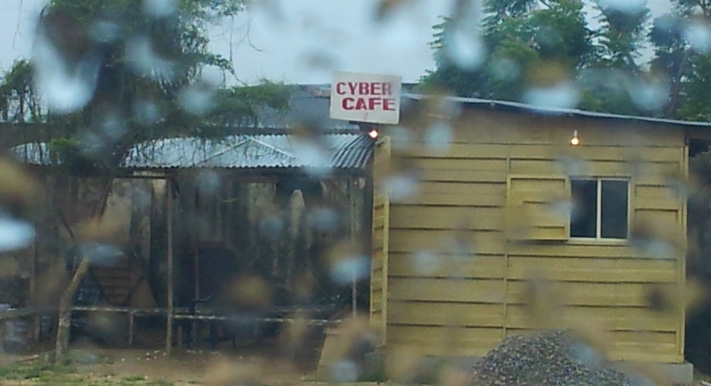Last week I talked about Lagos and Nairobi as two “Cities in Motion.” I was surprised that they have come out quite high in terms of “public management” at IESE’s Cities in Motion Index (CIMI). This dimension includes actions aimed at improving the design of new organizational and management models. Something kept me thinking: one of the indicators relates to the number of prominent twitter users, and I decided to dig a bit deeper.
Some data from 2015 reported by Portland Communication (with some seasoning added on my side):
- Geolocated tweets: 1.6 billion in Africa; of these, 350 million (22 %) were geolocated in Nigeria, and 76 million (5 %) in Kenya. Compare this to the share of population: out of 1.166 billion people in Africa, 183 million (15 %) are in Nigeria, and close to 47 million (4 %) in Kenya.
- Top-3 hashtags:
- In Nigeria: #music, #nigeria, and #nigeriadecides.
- In Kenya: #quote, #kenya, #mufc (I must confess that not being a follower of Manchester United, I had to look for what umfc means!).

Going beyond these two countries, the Mail & Guardian Africa highlights some interesting points based on Portland’s report. For instance in more than 30 countries, the top hashtag contained the name of the country. Even more interesting are popular cross-country hashtags:
- #FeesMustFall (second top in South Africa) was initiated by a movement of students in Johannesburg, and spread to as far as Egypt and Ghana.
- #stopbokoharam ranked as the 7th most popular hashtag in Cameroon. Of note: #BokoHaram was not among the top-10 hashtags out of Nigeria.
- #kinshasa was Angola’s top hashtag.
We all remember the Arab spring, and how social media were critical to let the world now about what was going on in Egypt. Maybe people in other African countries are trying to mirror that, and attract international attention. This may be happening already at the continental level.
Dissenting voices and ideas have ways to make themselves heard. Could this be one reason why Lagos’ and Nairobi’s “public management”? This brings hope that social movements initiated by civil society – in particular, by middle classes – may exert pressure on those in power to make (hopefully positive) changes.


I like this finding! But also it is posing challenges for countries, for example, how to handle cyber crime issues! Many countries in Africa have Cyber Crime Acts to monitor popular discussions. The question, however, remains … how the many countries in Africa deal with popular hashtag that could be defined within the boundaries of so called free speech?
Thanks again for this exciting finding!
Aloys
Thank you, Aloysius! The issue of freedom of speech vs. Cyber Crime is quite important, and sensitive as well. And so is that of freedom of speech vs. vs. respect for others.
The power of twitter among young or urban populations in Africa is growing and its quite powerful as a business tool. But this impact can also be seen in the pattern of countries trying to restrict social media messaging during elections.
Right observation, Bankelele!